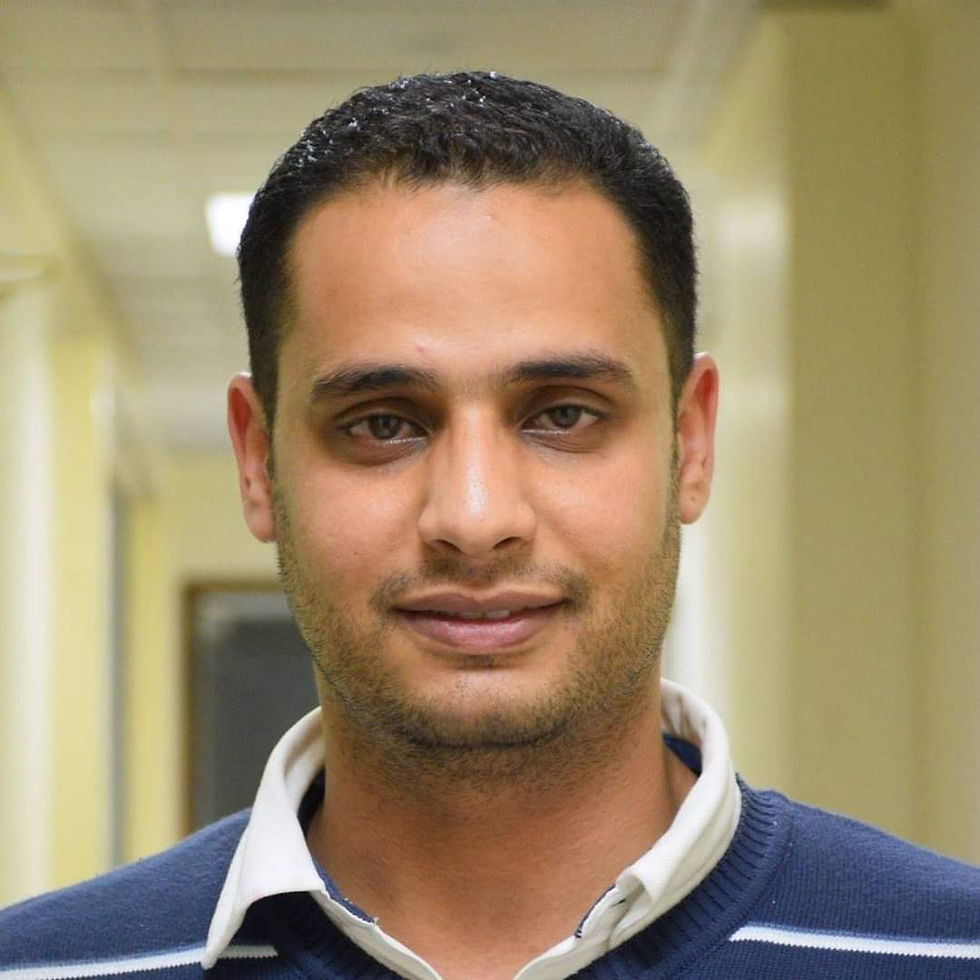Ahmed Nader El Sayed not the first.. Sociologists justify the pressure on famous people’s children
- Sarah Francis
- Jul 6, 2021
- 3 min read
Updated: Jul 22, 2021

Right after the Egyptian youth team lost to its Saudi counterpart 3/2 in the semi-finals of the Arab Championship, claims against the Egyptian team’s goalkeeper, Ahmed Nader El Sayed, being the reason circulated the social media alongside bullying posts that involved comparison between his talent and his father’s, the retired professional goalkeeper.
A super star or successful professional whose son or daughter joins the same field to find a state of public opposition, would represent a frequent scene that would make a young person subject to social and professional pressures of being up to his/her parent’s success. Recent to mind is the late actor Haitham Ahmed Zaki, who suffered from social pressure in comparison to his father’s talent. The thing which led him to suffer from depression.
Dr. Samia Khedr, Professor of Sociology at faculty of Education at Ain Shams University, said that such social reaction to the involvement of a famous or successful person’s children could be considered a common social act worldwide where the society would find difficulty to deal with it as a personal success and not a form of bequeathing.

Khedr added to “Trendify” that while children following the same professional path of their parents might not be the best choice in some cases, it could be quite normal that the child who grew up in a certain environment be affected by its factors and would want to have a similar career.
khedr: The problem is that people would stereotype the talent and success
“The problem is that people would stereotype the talent and success”, Khedr added. People would expect certain standards from the son of a player or actor because they have an earlier model to compare to, unlike how it would be in the case of a new player with no ancestors in the same profession or sports.
The society should become more wary of the gift differences and how individual differences would always exist even on the level of the same family members, Khedr added.
Khedr also mentioned that such social pressures mostly lead their subjects to different psychological disorders such as depression that may lead to suicidal thoughts in some cases. Therefore, society should encourage or at least express opinions in a non-bullying manner.
Dr Hassan Salama, Professor of social psychology, said there would always be another side of the story. Although some would argue that the society could be mistaken for making harsh comments, it might be a family’s fault as they would push their child to turn into another copy of his/her parent regardless of what the child’s interests might be.
Salama: In some cases the society should not be blamed as long as its members were practicing their fundamental right of freedom of expression
Salama added to “Trendify” that in some cases the society should not be blamed as long as its members were practicing their fundamental right of freedom of expression. However, society would, sometimes, tend to neglect the positive examples and only focus on the negative ones, thereby creating a rule out of them, not an exception to the rule.
“The fact that famous people are always in the spotlight makes it an uneasy mission for their children to succeed easily even if in a different career”, Salama declared.
Social media, being this open to anyone to write anything under no form of censorship let people practice all forms of bullying and harming others easily, Salam insisted. This could, he argued, be the main reason why the public sphere could be effective in a negative way.







Comments